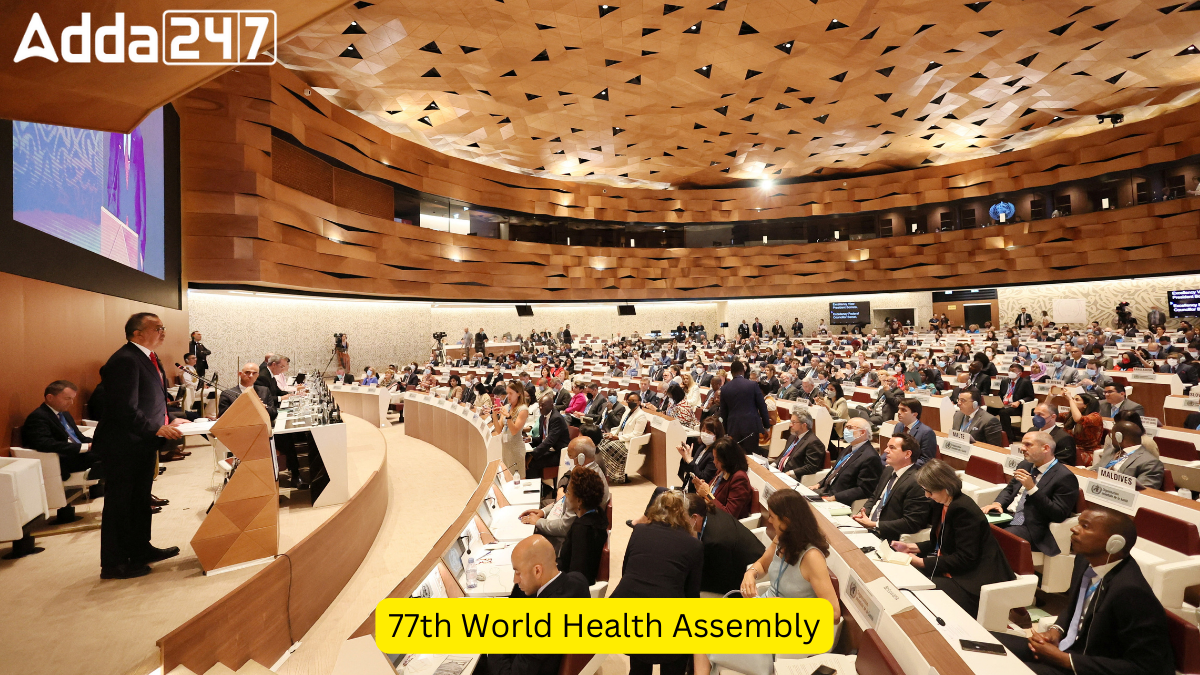The International Health Regulations of 2005 are amended by the 77th World Health Assembly, taking into account 300 recommendations from member states. The purpose of amendments is to strengthen nations’ capacity to anticipate and address pandemic and public health emergencies of global concern. They contain measures to support developing nations in creating, bolstering, and preserving the fundamental capacities mandated by the IHR, as well as measures to enable fair access to pertinent health items during medical emergencies.
Aim of the Amendment
Amendments aim at improving countries’ ability to prepare for and respond to Public Health Emergencies of International Concern and Pandemic Emergencies. They include provisions for facilitating equitable access to relevant health products during health emergencies, as well as mobilizing financial resources to support developing countries in building, strengthening, and maintaining the core capacities required under the IHR.
Importance of 77th World Health Assembly
- In its 77th session, the theme for this year’s event is “Health For All: All for Health”.
- To have a deeper comprehension of the risks to and effects of global healthcare.
- Key threats to global health are identified in the paper Shaping the Future of Health and Healthcare, along with possible solutions.
Why is there a need for World Health Assembly?
Over the past few years, society has experienced a wave of adverse events, including the COVID-19 pandemic, geopolitical conflicts and the impacts of the climate and energy crises, which have engulfed global health and healthcare.
- Every year, the World Health Assembly is tasked with tackling global healthcare challenges like these and deciding how best to overcome them.
What is the World Health Assembly?
The World Health Assembly is the governing body of the World Health Organization (WHO), an organization under the United Nations (UN) that is tasked with advancing global health and ensuring that everyone has access to the best possible medical treatment. Every year, representatives from WHO member states convene at the UN headquarters in Geneva, Switzerland, to discuss a particular healthcare agenda defined by the organization’s Executive Board. There are 34 technically qualified members of the Executive Board who are elected to three-year terms. Each year in January, they convene to decide on the agenda and any resolutions to be presented to the World Health Assembly for approval.
What does the Assembly do?
The World Health Assembly’s delegates deliberate over the Executive Board’s policy agenda for the upcoming year and determine the health objectives and tactics that will direct the WHO’s efforts in the field of public health. Voting to select the organization’s Director-General for a five-year term is one of the organization’s other duties. Head of the world’s premier public health agency, Dr. Tedros Adhanom Ghebreyesus, was re-elected in 2022 to a second term in office. Along with overseeing financial policies, the Assembly also approves the proposed budget program to finance WHO activities in the future, tracks the implementation of work programs, and develops strategies to close gaps.




 PM Modi Unveils India AI Impact Expo 202...
PM Modi Unveils India AI Impact Expo 202...
 India To Hosts First-Ever Global South A...
India To Hosts First-Ever Global South A...
 Bharat Bodhan AI Conclave 2026 Kicks Off...
Bharat Bodhan AI Conclave 2026 Kicks Off...








